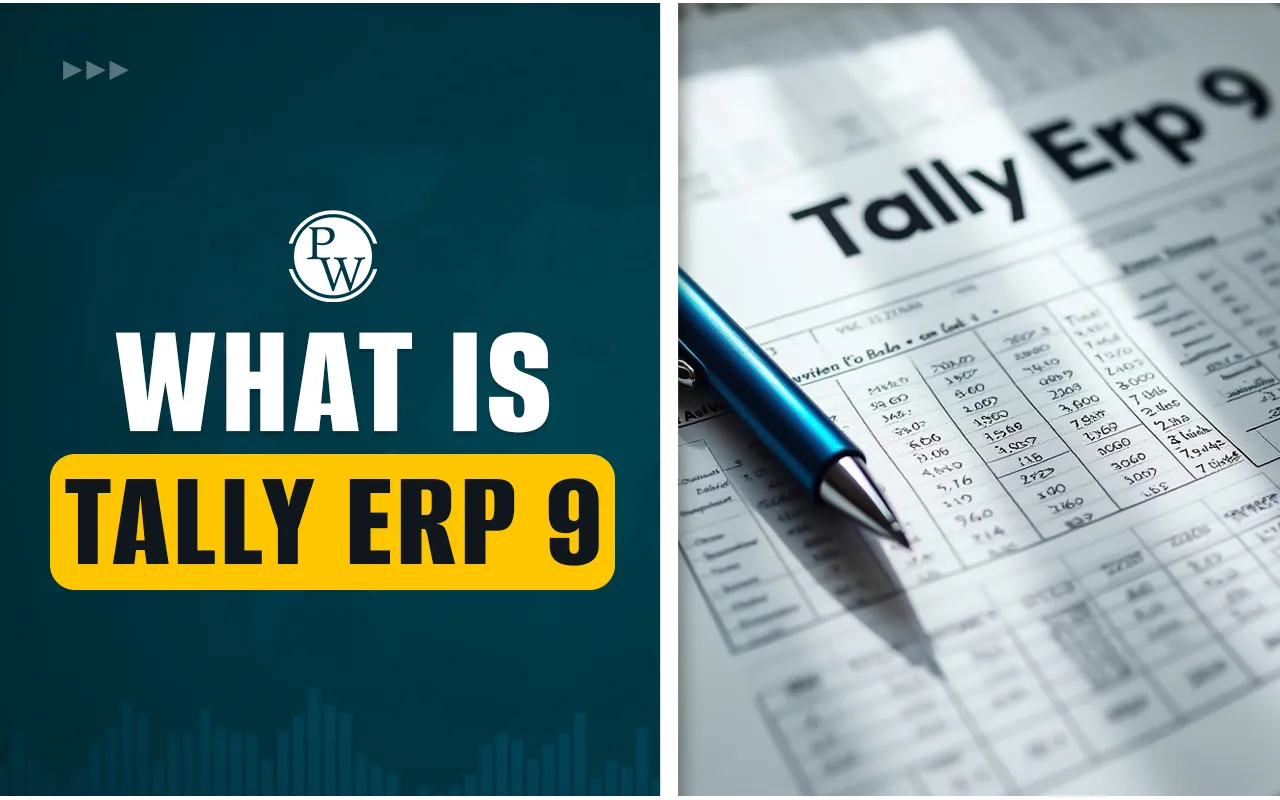
GAAP vs IFRS: When it comes to global financial reporting, two major accounting standards dominate everywhere: GAAP, which stands for Generally Accepted Accounting Principles, and IFRS, which stands for International Financial Reporting Standards. Many Businesses, investors, and professionals must understand these terms because they influence how companies report financial data, prepare statements, and communicate with stakeholders.
GAAP vs IFRS
GAAP and IFRS are the two most widely used accounting standards in the world. Like GAAP, followed in the U.S., is rules-based and focuses on detailed guidelines, while IFRS, adopted in over 140 countries, is principles-based and offers more flexibility. Both of these aim to provide transparency, consistency, and reliability in the financial reporting world. However, they differ in areas such as inventory valuation, asset measurement, and development costs. Check below to know all the details and a side-by-side comparison of GAAP vs IFRS.
What is GAAP?
GAAP (Generally Accepted Accounting Principles) refers to the standard set of accounting rules, principles, and procedures used in the United States for preparing and presenting financial statements. Its Principles are made to make sure consistency, transparency, and comparability in different companies by making it easier for investors, regulators, and other stakeholders to check financial information.
Who Sets GAAP?
-
FASB (Financial Accounting Standards Board): This is the main authority that develops and updates GAAP standards.
-
SEC (Securities and Exchange Commission): It requires all publicly traded U.S. companies to follow GAAP for financial reporting.
-
AICPA (American Institute of Certified Public Accountants): They provide additional guidelines and professional standards.
Core Principles of GAAP
GAAP is mainly based on 10 key principles that act as the foundation of accounting in the U.S.:
-
Principle of Regularity: Accountants must strictly follow GAAP rules to maintain everything properly.
-
Principle of Consistency: Same accounting methods should be used across reporting periods.
-
Principle of Sincerity: Financial statements must reflect a company’s true financial situation.
-
Principle of Permanence of Methods: Comparability is maintained by using uniform methods.
-
Principle of Non-Compensation: Full disclosure of positives and negatives; no offsetting.
-
Principle of Prudence: Use facts and avoid speculation in reporting.
-
Principle of Continuity: Assets should be valued assuming the company will continue operations.
-
Principle of Periodicity: Financial results are reported over standard periods (monthly, quarterly, annually).
-
Principle of Full Disclosure: Everything related to financial information must be disclosed.
-
Principle of Utmost Good Faith: Honesty must help all financial reporting.
Features of GAAP
GAAP, which means Generally Accepted Accounting Principles. It provides a set of standardized rules ensuring consistency, transparency, and comparability in financial reporting. It helps stakeholders trust financial statements and promotes fair presentation of accounts. For detailed features, kindly check below.
-
Rules-Based System: GAAP is very detailed and prescriptive.
-
Historical Cost Focus: Assets are often recorded at their original purchase price.
-
Standardization: Ensures comparability between companies’ financial statements.
-
Investor Protection: Provides reliability and prevents misleading reporting.
What is IFRS?
IFRS (International Financial Reporting Standards) is a globally accepted set of accounting rules and guidelines for preparing and presenting financial statements. It is designed to make financial reporting consistent, transparent, and comparable across different countries.
Unlike GAAP (used mainly in the U.S.), IFRS is applied in 140+ countries worldwide, including the European Union, India, Canada, Australia, and many Asian and African nations
Who Sets IFRS?
-
IASB (International Accounting Standards Board): Independent international body that develops and issues IFRS standards.
-
IFRS Foundation: Oversees the IASB and promotes the adoption of IFRS worldwide.
Key Characteristics of IFRS
IFRS, which means International Financial Reporting Standards makes sure global consistency in accounting by providing transparent, comparable, and principle-based guidelines.
It improves the reliability of financial statements for international stakeholders and also promotes fair representation in different countries. For detailed key characteristics, kindly check below.
-
Principles-Based System is Followed: IFRS provides broad guidelines rather than strict rules, giving companies flexibility in applying accounting judgment.
-
Global Applicability: It is made for cross-border business and multinational companies.
-
Fair Value Focus: Focuses on valuing assets and liabilities at their current market value instead of historical cost.
-
Transparency and Comparability: It helps investors easily compare companies across different countries.
Core Principles of IFRS
Some basic fundamental principles that guide IFRS reporting include:
-
Accrual Basis – Revenues and expenses are recognized when they occur, not when cash changes hands.
-
Going Concern – Financial statements are prepared assuming the company will continue operations.
-
Consistency – Methods should remain consistent across reporting periods for comparability.
-
Relevance and Reliability – Information must be useful to investors and faithfully represent a company’s position.
-
Comparability – Reports must allow cross-company and cross-border analysis.
-
True and Fair View – Ensures financial statements reflect the actual financial condition.
Key Differences Between GAAP and IFRS
Although both GAAP and IFRS aim to make sure transparency in financial reporting, they differ in approach, application, and flexibility.
Like GAAP is rules-based and used mainly in the U.S., while IFRS is principles-based and adopted globally. Check the table below for a detailed comparison of GAAP vs IFRS:
|
Key Differences Between GAAP and IFRS |
||
|
Aspect |
GAAP (U.S.) |
IFRS (Global) |
|
Approach |
Rules-based, detailed, prescriptive |
Principles-based, flexible, judgment-driven |
|
Primary Use |
United States |
140+ countries worldwide |
|
Standards Setter |
FASB (Financial Accounting Standards Board) |
IASB (International Accounting Standards Board) |
|
Inventory Valuation |
Allows LIFO (Last-In, First-Out) |
LIFO not permitted |
|
Development Costs |
Expensed as incurred |
Capitalized if criteria are met |
|
Fixed Asset Valuation |
Usually recorded at historical cost |
Can use fair value or revaluation model |
|
Financial Statements |
Strict format with required disclosures |
Flexible presentation allowed |
Which Is Better: IFRS or GAAP?
There is no single “better” standard - it depends on the business context. Businesses use their own ways to tackle these things.
-
For most of the U.S. companies - GAAP is mandatory, providing detailed guidance and reliability.
-
For global companies - IFRS is often better, as it makes sure comparability in different international markets.
-
Investor point of view - IFRS can be easier to analyze across borders, while GAAP provides stricter compliance within the U.S. market.
Trend: Many experts predict that IFRS may eventually become the global standard, but for now, GAAP and IFRS coexist. Also, keep in mind that these keep changing with the advancement of time.
GAAP vs IFRS FAQs
What is the main difference between GAAP and IFRS?
Which countries use GAAP and which use IFRS?
Why is IFRS considered more flexible everywhere than GAAP?
Can U.S. companies use IFRS instead of GAAP?










